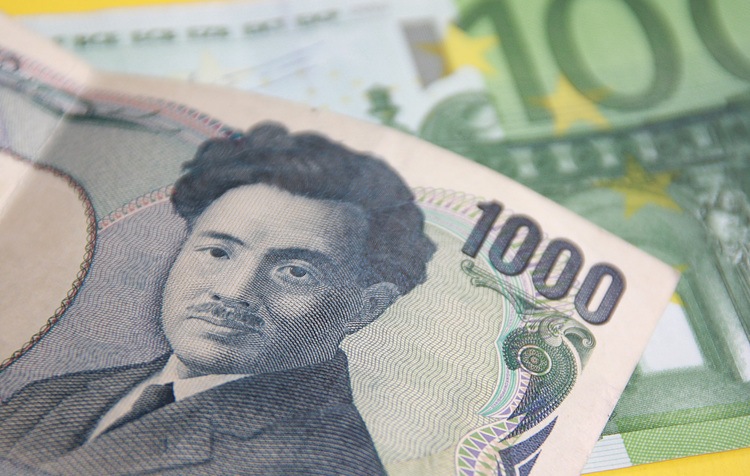The EUR/JPY currency pair has seen a decline in trading as investors express concerns about the outcome of the upcoming French legislative elections. This uncertainty has caused the Euro to lose value while the Japanese Yen has gained support from the Bank of Japan’s signals regarding the end of quantitative easing. The prospect of the far-right National Rally party winning in the elections has caused unease among investors, with the possibility of significant consequences for Europe as a whole.
The Euro has been negatively affected by the uncertainty surrounding the French legislative elections, which were called by President Emmanuelle Macron after his party was defeated by the far-right National Rally in the European parliamentary elections. With polls showing the National Rally gaining more support than Renaissance, there is a risk of the far-right party increasing its power in the upcoming elections. This outcome could lead to a fractured and hostile parliament, making it difficult for Macron to govern effectively and pass legislation.
On the other hand, the Japanese Yen has received a boost following the Bank of Japan meeting, where Governor Kazuo Ueda announced plans to reduce Japanese Government Bond purchases over the next one to two years. This move indicates a potential end to quantitative easing measures in Japan, as the BoJ plans to gradually decrease its JGB purchases. This decision may have a positive effect on the Yen as it reduces the negative impact of QE on the currency.
European Central Bank officials have also hinted at possible easing measures after their June meeting, following comments suggesting that the interest rate cut planned for that meeting would be a one-time occurrence. However, more recent statements have suggested a more dovish approach, with officials open to the possibility of further rate cuts if disinflation continues. This indicates a potential shift towards more accommodative monetary policies in the Eurozone in the coming months.
Overall, the EUR/JPY currency pair is facing downward pressure due to political uncertainty in France and changing monetary policies in both the Eurozone and Japan. Investors are closely watching the outcome of the French legislative elections and the BoJ’s plans for reducing QE, which could impact the value of the Euro and the Yen in the near future. The Euro’s performance may also be influenced by the ECB’s stance on monetary easing, with officials indicating a willingness to take further action if needed to address disinflation and economic challenges in the region.





















